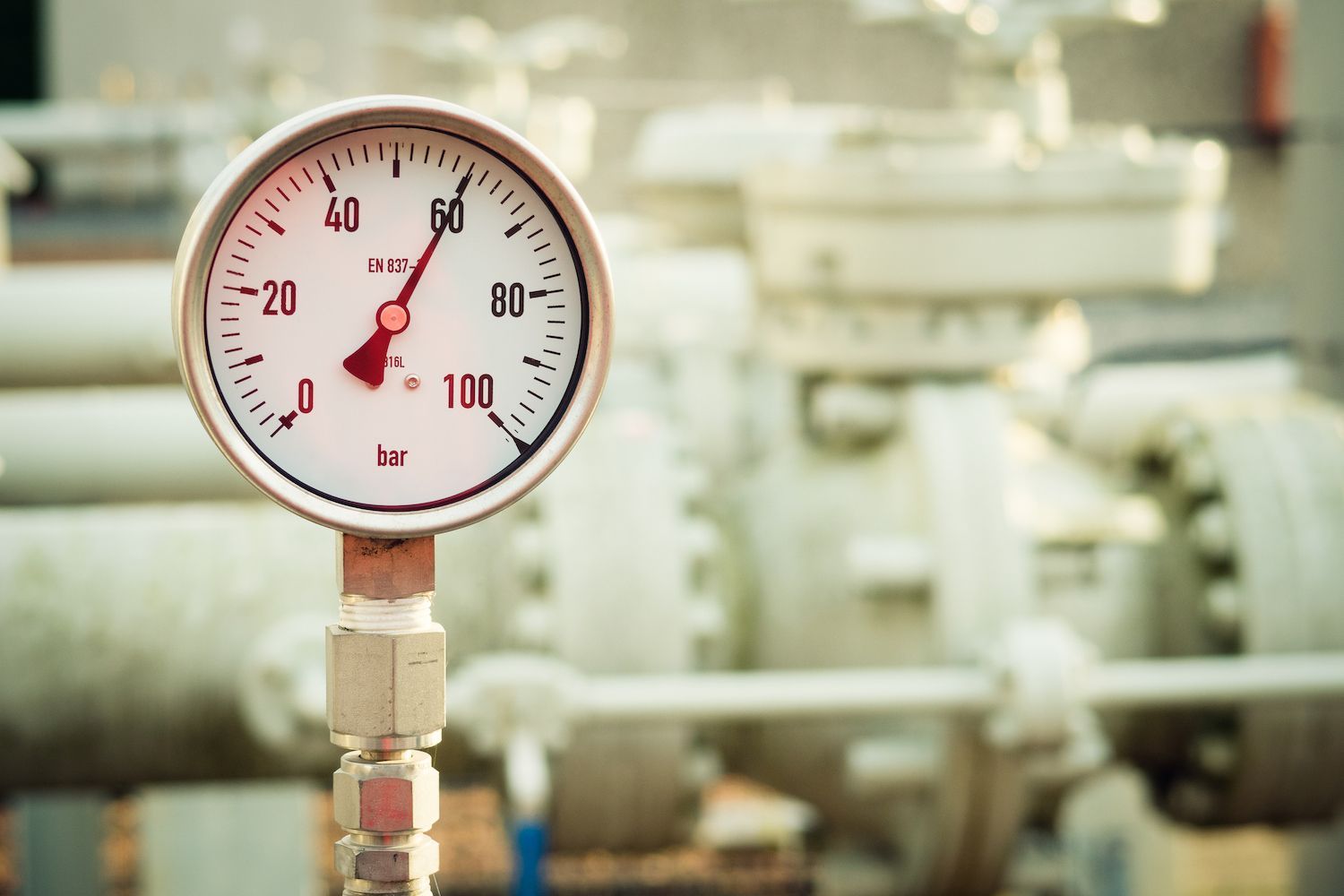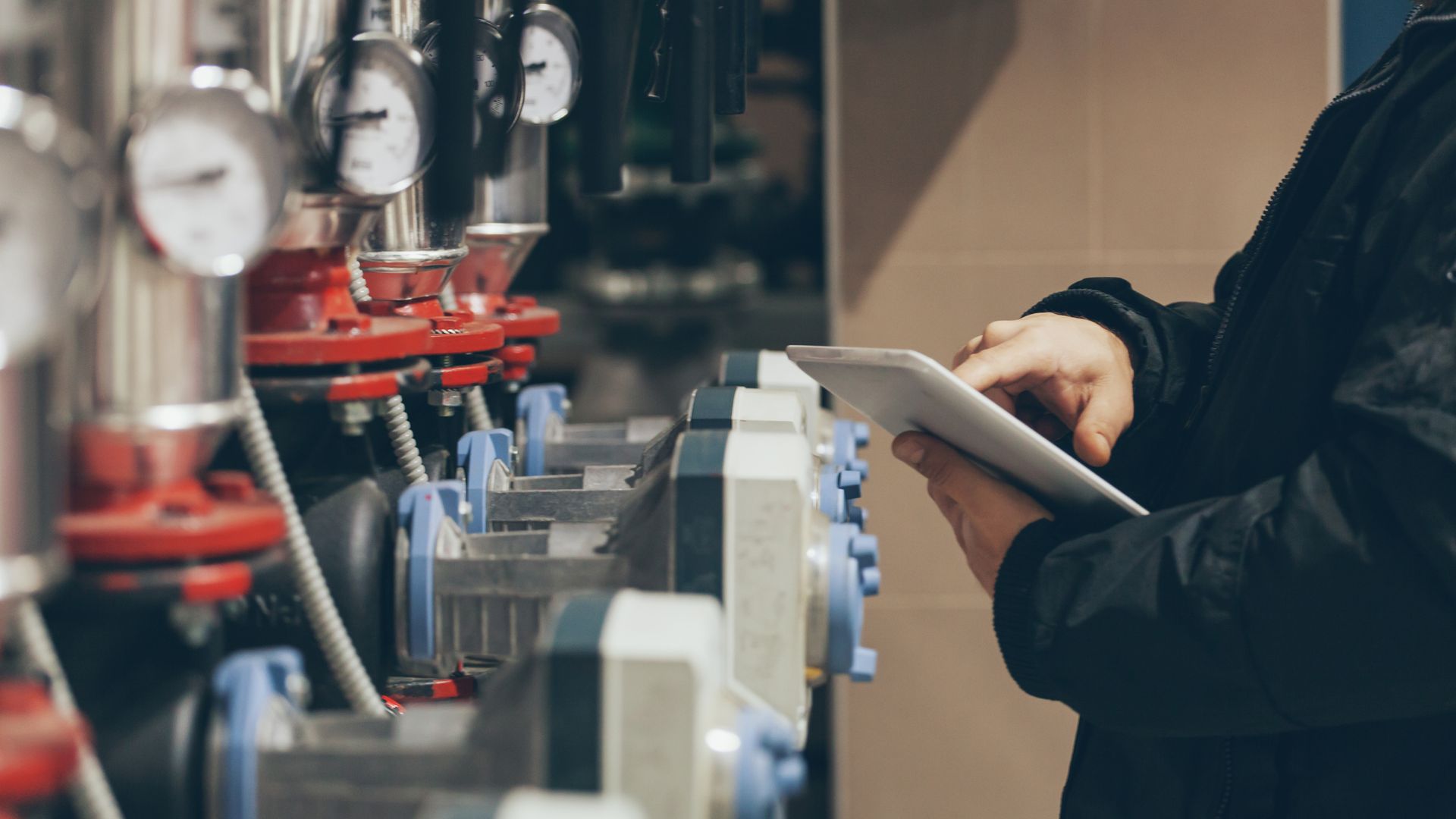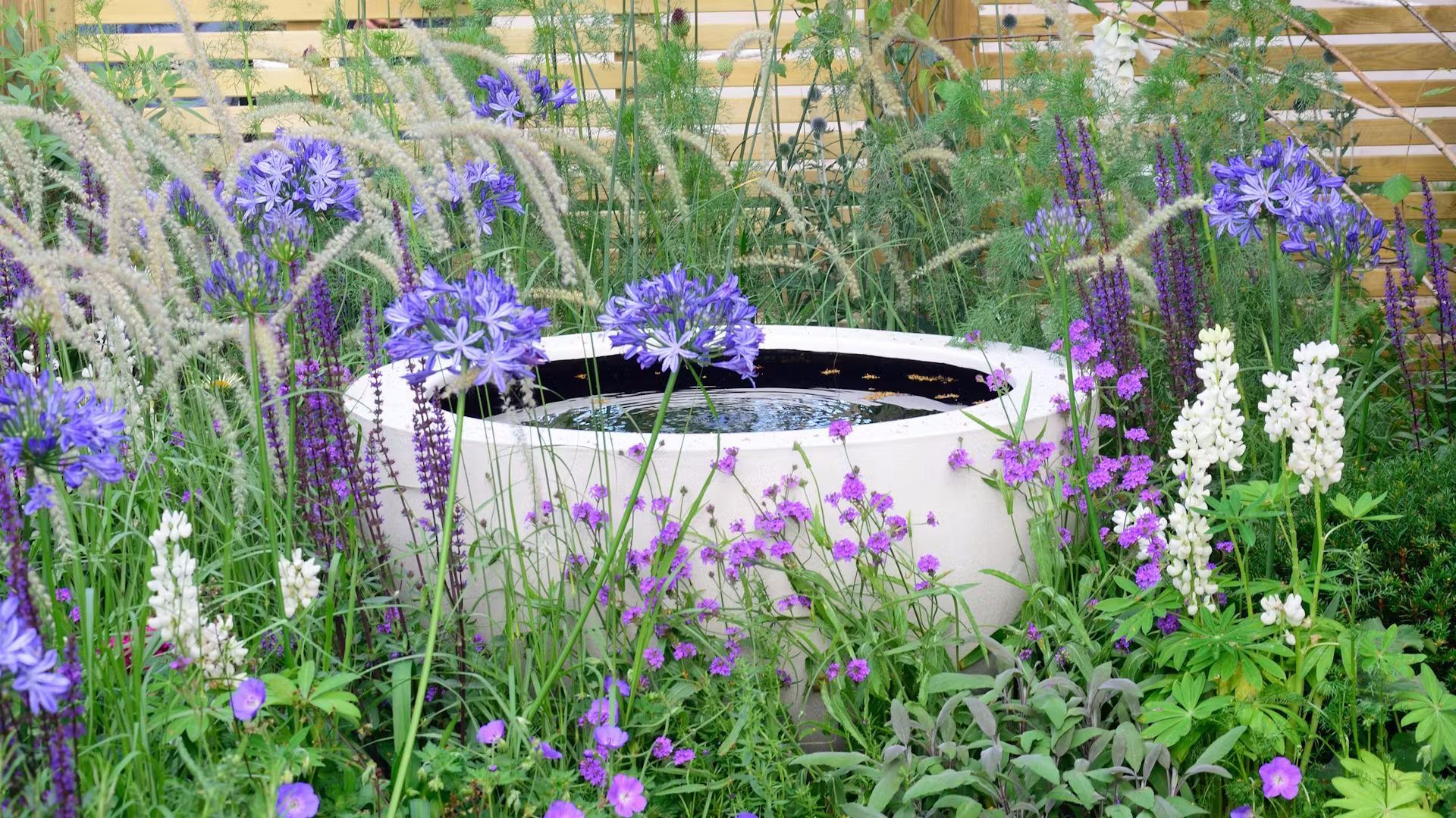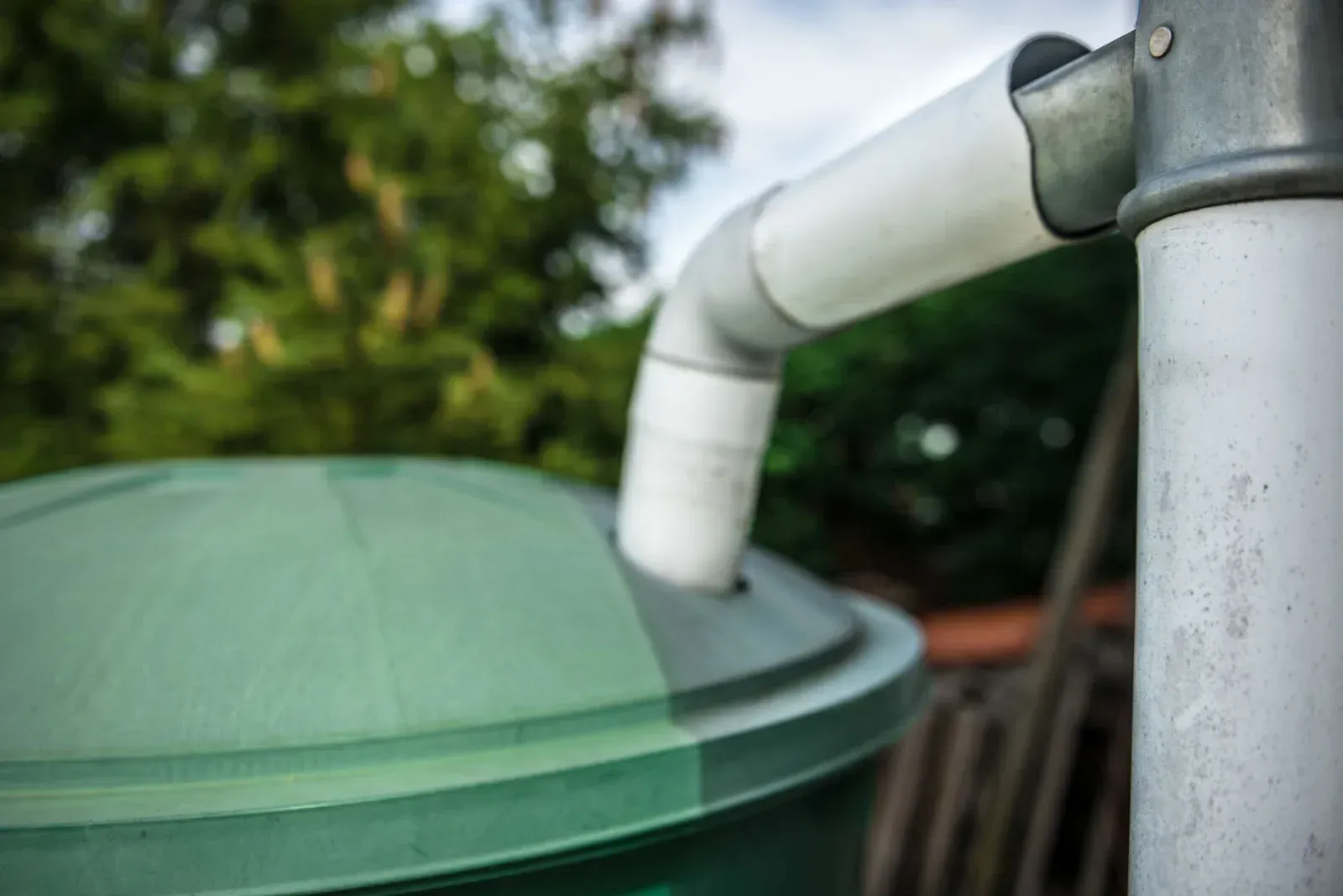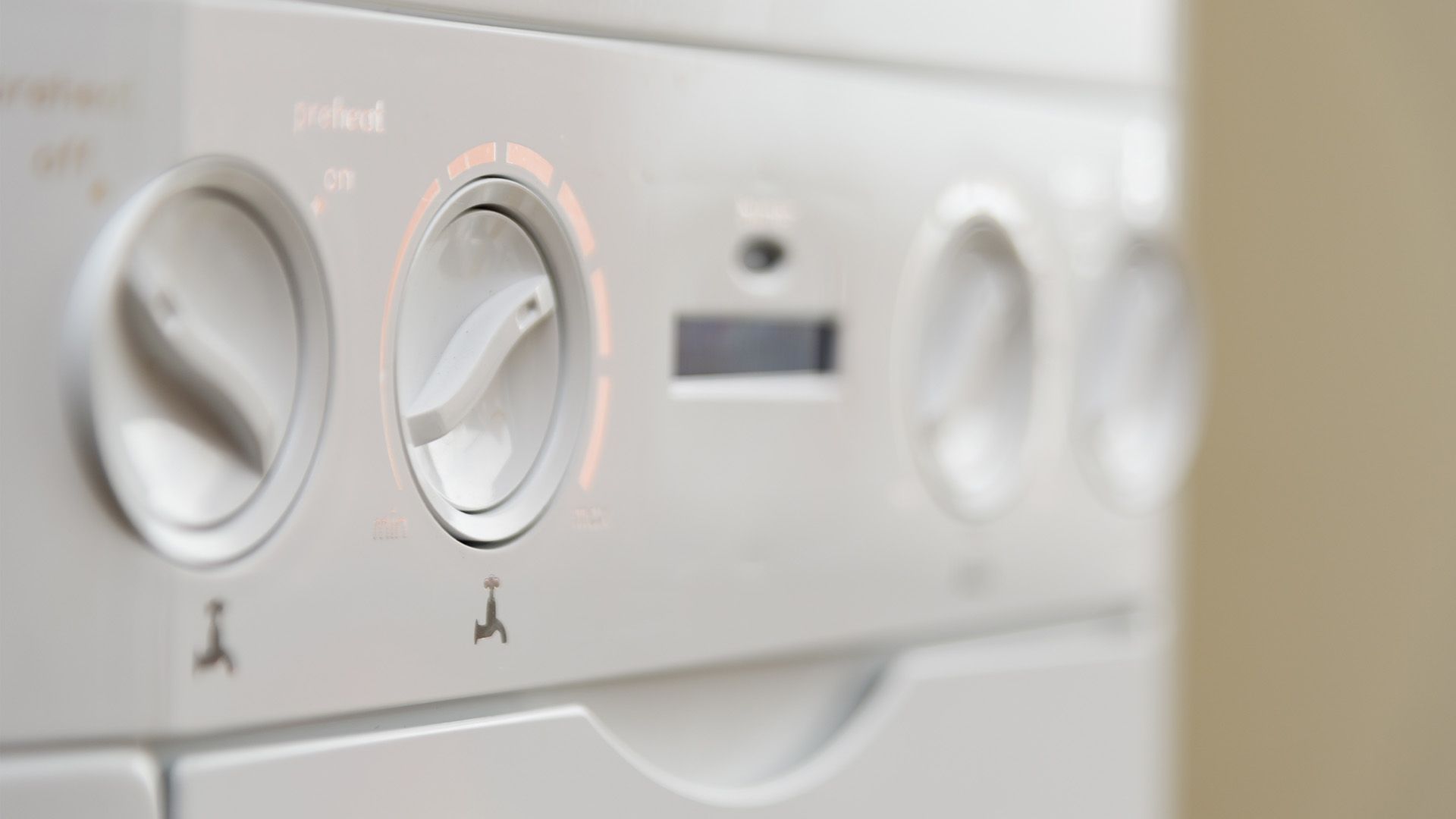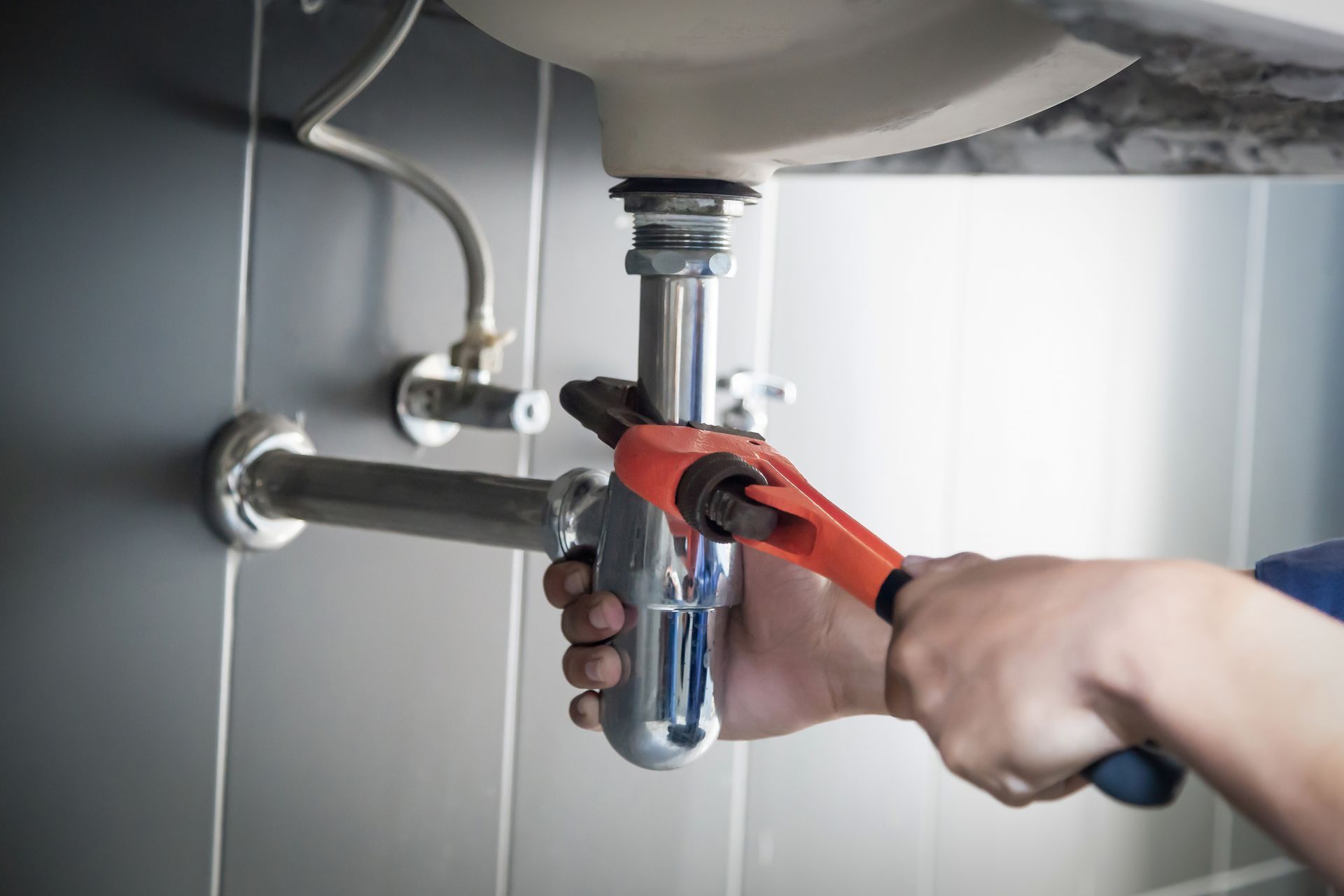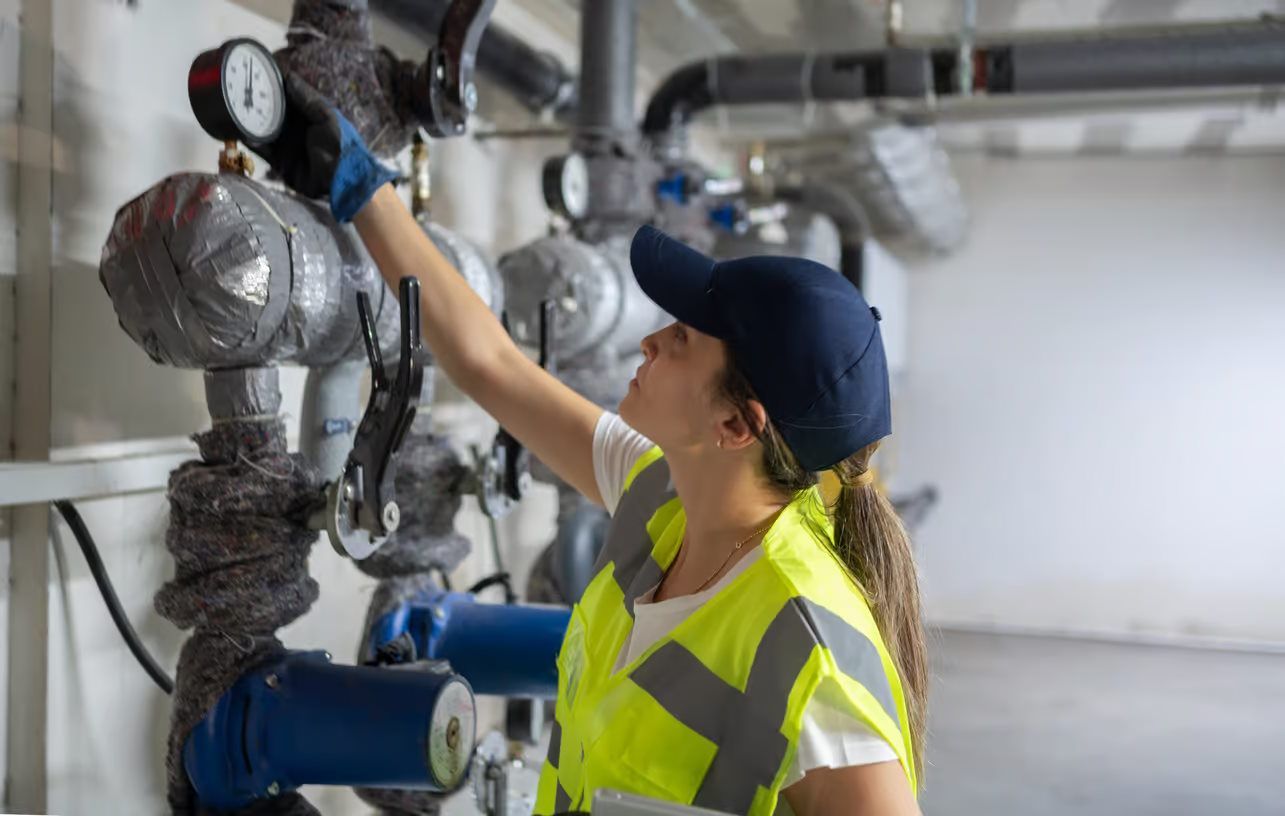Gas, LPG and Oil Boilers: Advantages, Disadvantages & Costs
When it comes to choosing a boiler for your business, there are many options to consider. Whether you are constructing new premises or replacing an outdated system, selecting the right commercial boiler is essential for efficiency, cost savings, and environmental impact.
In this guide, we will explore the most common commercial boiler types: gas, oil, and LPG, discussing their advantages, disadvantages, costs, and suitability for different business needs. By the end, you should have a clearer understanding of which option best fits your organisation’s heating requirements.
Gas Boilers
Gas-powered boilers are one of the most popular choices for commercial properties, particularly those connected to the National Grid. These systems are known for their efficiency, reliability, and cost-effectiveness. They work by burning natural gas to heat water, which is then distributed through radiators or underfloor heating systems. Many modern gas boilers are condensing models, meaning they recycle heat from exhaust gases to increase efficiency.
Advantages of Gas Boilers
● Cost-Effective Energy Supply – Businesses with access to mains gas benefit from lower fuel costs compared to oil or LPG. Natural gas is generally the most economical option for heating commercial properties, offering long-term savings.
● No On-Site Storage Required – Since gas is supplied directly via the National Grid, businesses don’t need to allocate space for bulky fuel storage tanks, reducing logistical challenges.
● High Energy Efficiency Ratings – Modern gas boilers can achieve efficiencies of up to 98%, ensuring that fuel is utilised efficiently and reducing wasteful energy consumption.
● Consistent and Reliable Heating – Gas boilers provide a steady and uninterrupted heat source, essential for businesses that rely on constant heating and hot water supply.
● Environmentally Considerate – High-efficiency condensing gas boilers emit fewer greenhouse gases than oil alternatives, making them a more environmentally responsible choice
Disadvantages of Gas Boilers
● Reliance on Gas Infrastructure – Gas boilers require a connection to the National Grid, making them unsuitable for businesses in rural or off-grid locations that lack access to a mains gas supply.
● Potentially High Installation Costs – If infrastructure modifications, such as extending gas lines, are required, installation can become expensive. Commercial gas boiler installations typically cost between £3,000 and £8,000, depending on size and efficiency.
● Health and Safety Considerations – Although rare, gas leaks pose a potential hazard, necessitating regular maintenance, inspections, and carbon monoxide safety measures.
Oil Boilers
Oil-fired boilers are a common choice for businesses that do not have access to the mains gas network. These boilers run on kerosene or gas oil, requiring an on-site fuel storage tank. Oil boilers work by burning the fuel to heat water, which is then circulated throughout the premises. They are often used in rural locations where gas supply infrastructure is unavailable.
Advantages of Oil Boilers
● Ideal for Off-Grid Locations – Oil boilers are a reliable and efficient option for businesses situated in rural areas where gas is not available.
● Powerful Heat Output for Large Spaces – These boilers provide strong and consistent heating, making them particularly suitable for factories, warehouses, and agricultural buildings that require substantial heating capabilities.
● Condensing Oil Boilers Improve Efficiency – Modern condensing oil boilers achieve energy efficiency levels of 85-95%, reducing fuel waste and improving cost-effectiveness.
● Long-Lasting and Durable Systems – With regular servicing, oil boilers can have a lifespan of 15-25 years, making them a long-term heating investment for businesses.
Disadvantages of Oil Boilers
● Space Required for Fuel Storage – Businesses must allocate adequate space for an external oil storage tank, which may not be practical in all commercial locations.
● Fluctuating Fuel Costs – The price of oil can be unpredictable, sometimes making it a more expensive heating option than gas or LPG.
● Regular Maintenance and Servicing – Oil boilers require routine servicing to prevent sludge build-up, which can cause efficiency loss and performance issues.
● Higher Carbon Emissions Compared to Gas – Oil combustion produces more CO2 emissions, making it a less sustainable option for environmentally conscious businesses.
LPG Boilers
Liquefied Petroleum Gas (LPG) boilers offer a flexible heating solution for businesses that are not connected to the mains gas network but prefer a cleaner alternative to oil. LPG is stored in bulk tanks or smaller cylinders on-site and is delivered by suppliers at scheduled intervals.
LPG boilers work in a similar way to gas boilers, burning the fuel to produce heat that is then circulated through radiators or underfloor heating. Many modern LPG systems are condensing models, which enhance efficiency and reduce emissions.
Advantages of LPG Boilers
● Flexible Heating Solution for Remote Locations – LPG boilers can be installed in a wide range of commercial settings, from hotels and offices to warehouses and retail spaces.
● Lower Emissions Than Oil Boilers – LPG burns cleaner than oil, producing fewer CO2 emissions and pollutants, making it a more environmentally friendly heating solution.
● Smaller Storage Space Requirements – LPG storage tanks take up less space than oil tanks, and businesses can opt for bulk deliveries or cylinder supply, depending on their heating needs.
● Highly Energy Efficient Heating – Many modern LPG boilers achieve 90-98% efficiency, helping businesses reduce energy consumption and operational costs.
Disadvantages of LPG Boilers
● More Expensive Fuel Costs Compared to Gas – LPG fuel is typically more expensive per unit than natural gas, making long-term operational costs higher than gas but similar to oil.
● Storage Considerations and Safety Compliance – Businesses must install and maintain LPG storage tanks, ensuring compliance with safety regulations and space requirements.
● Ongoing Fuel Delivery Arrangements – Unlike mains gas, LPG requires scheduled fuel deliveries, which may be inconvenient for businesses in certain locations.
How Do Costs Vary?
The cost of installing, maintaining, and repairing a commercial boiler varies significantly depending on the fuel type. Gas boilers typically have lower running costs due to the affordability of mains gas, but installation can be expensive if gas lines need to be extended.
Oil boilers require higher initial investment due to fuel storage tanks, and ongoing maintenance costs are elevated due to the need for regular servicing. LPG boilers fall somewhere in between, with moderate installation costs but higher fuel prices.
Regardless of the type, businesses should factor in annual servicing and potential repair expenses to ensure long-term efficiency and safety.
Which Boiler Is Best for Your Business?
The best boiler for your business depends on several key factors, including location, energy demands, budget, and environmental considerations. For businesses in urban areas with access to the gas grid, gas boilers are typically the most cost-effective and efficient option. However, if your business operates in a rural area without mains gas, oil or LPG boilers may be more practical.
Large premises, such as warehouses and industrial units, may benefit from oil boilers, which provide high heat output and long-term durability. Meanwhile, businesses looking for a cleaner, off-grid solution may find LPG boilers to be a more environmentally friendly alternative. Consider fuel availability, installation costs, and long-term energy efficiency when making your decision.
How Caledonian Heating & Plumbing Can Help
At Caledonian Heating & Plumbing, we specialise in helping businesses evaluate their commercial heating needs and choose the right boiler system. Our experienced commercial heating engineers assess your premises, energy requirements, and budget to recommend the most efficient and cost-effective solution. Whether you need gas, oil, or LPG heating, our team ensures expert installation, regular servicing, and ongoing support to keep your system running smoothly.
We understand that every business has unique heating demands, which is why we offer tailored solutions that maximise efficiency and reduce costs. From high-performance gas systems for city offices to robust oil boilers for rural industries, we provide expert guidance every step of the way.
If you’re looking for professional advice on selecting a commercial boiler or need maintenance for your existing system, contact us today. Our team is ready to help your business stay warm, efficient, and cost-effective all year round.
Contact us today
Call us
Edinburgh: 0131 444 2010
Dundee: 01382 413 444
Email us
Email address - info@caledonianheating.co.uk
Edinburgh Head Office
Our Business Hours
- Mon - Fri
- -
- Sat - Sun
- Closed
We accept all major credit and debit cards for payments
Get in touch today
Get in touch
We will get back to you as soon as possible.
Please try again later.


Find us
Edinburgh Head Office:
Unit 42 West Gorgie Parks, Edinburgh, EH14 1UT
Business hours
- Mon - Fri
- -
- Sat - Sun
- Closed
Registered Company Name: Caledonian Heating And Plumbing Ltd
Unit 42 West Gorgie Park EDINBURGH EH14 1UT
Company Number: SC243265


